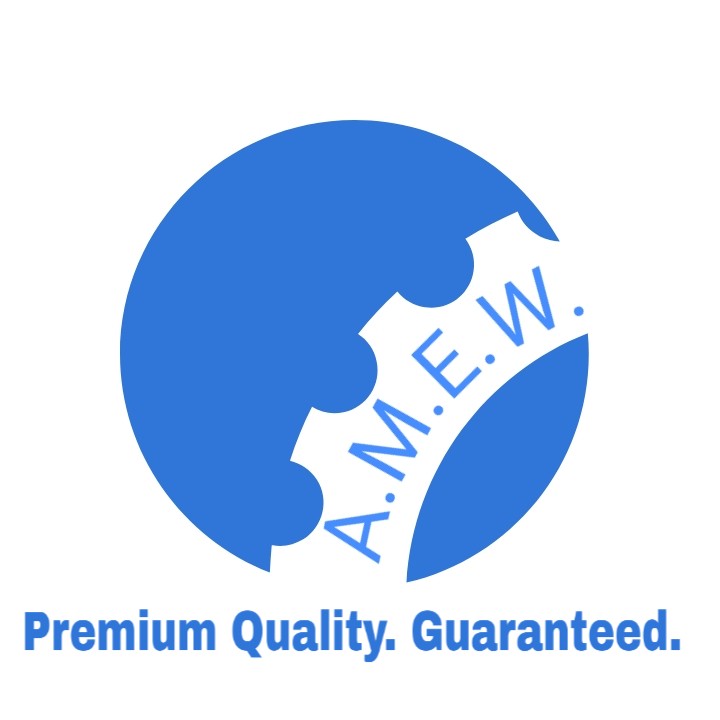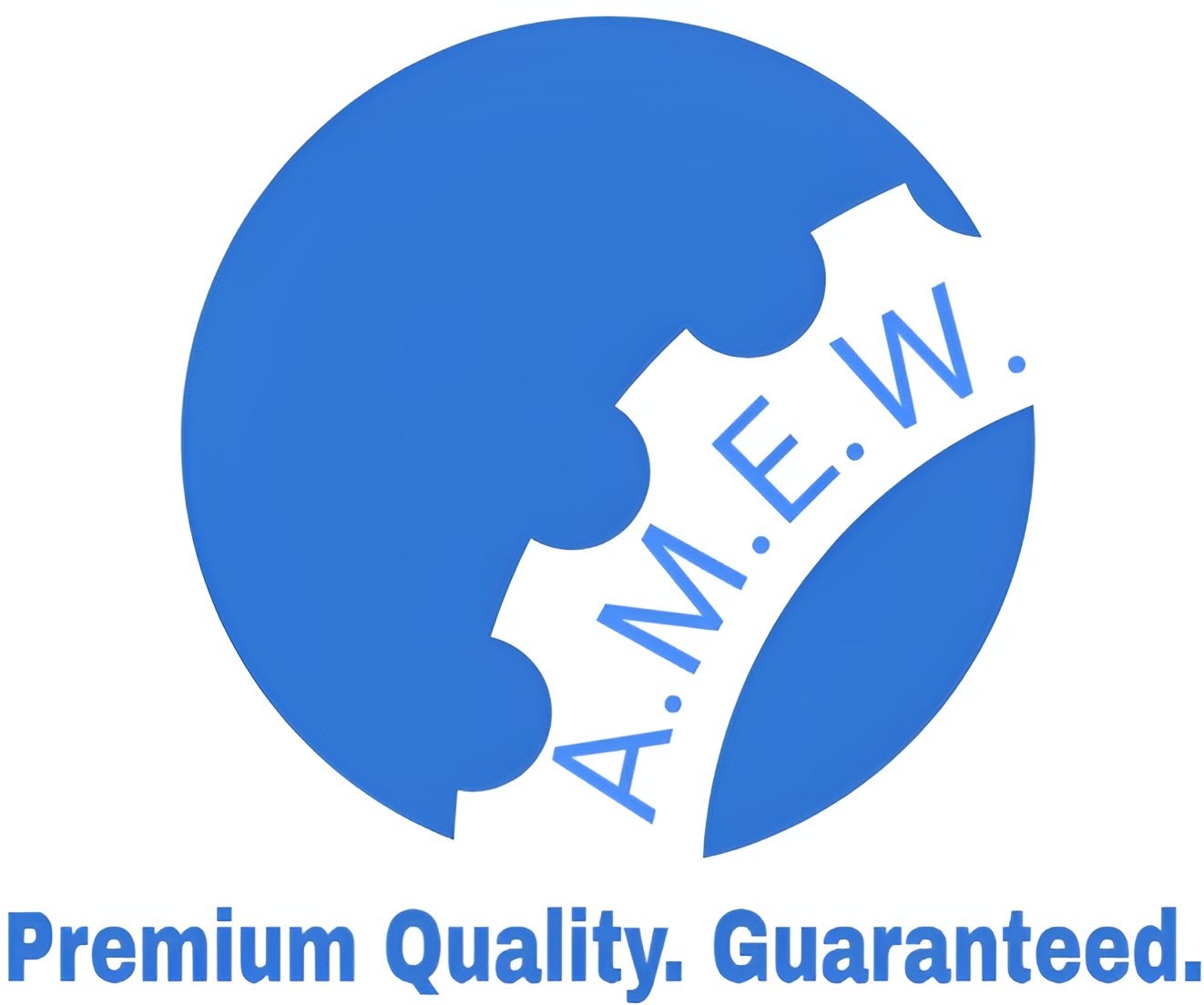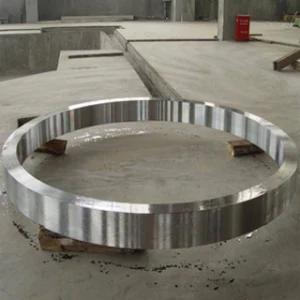Description
Self-Reinforced Nozzles, Hollow Forgings, Sleeves, Hollow Cylinders, and Shells
Introduction to Self-Reinforced Nozzles and Hollow Forgings
Self-reinforced nozzles, hollow forgings, sleeves, hollow cylinders, and shells are essential components in various industries, including oil and gas, power generation, petrochemical, and heavy machinery. These components are manufactured to withstand high pressures, extreme temperatures, and demanding conditions, providing the necessary strength and durability required for critical applications.
This comprehensive guide will cover the details of self-reinforced nozzles, hollow forgings, sleeves, hollow cylinders, and shells, including their applications, material grades, and benefits for SEO optimization.
Self-Reinforced Nozzles
What Are Self-Reinforced Nozzles?
Self-reinforced nozzles are specialized components designed to handle high-pressure fluid and gas flow in critical industrial applications. These nozzles feature a reinforcement structure built into the design, which eliminates the need for external reinforcement. This self-reinforced design enhances their ability to handle pressure, making them ideal for use in high-stress environments, such as pressure vessels, boilers, and reactors.
Applications of Self-Reinforced Nozzles:
- Pressure Vessels: Used in industries like oil and gas, these nozzles connect piping to pressure vessels, maintaining the integrity of the vessel under high pressure.
- Boilers: In power generation and other heat-intensive processes, self-reinforced nozzles are crucial for controlling steam flow.
- Petrochemical Industry: Widely used in chemical reactors and other equipment where managing fluid flow under high pressure is critical.
Key Features:
- High Pressure Resistance: These nozzles are built to withstand high-pressure environments without the need for external reinforcements.
- Corrosion Resistance: Available in various corrosion-resistant materials, such as stainless steel, making them ideal for harsh conditions.
- Customizable: Self-reinforced nozzles can be customized in size and material to meet specific application needs.
Hollow Forgings
What Are Hollow Forgings?
Hollow forgings are cylindrical metal components forged with a hollow center. This hollow structure makes them lighter while maintaining the strength and durability of a solid forging. Hollow forgings are ideal for applications where weight reduction and material savings are critical, such as in pipelines, structural supports, and pressure vessels.
Applications of Hollow Forgings:
- Oil & Gas: Hollow forgings are used in pipelines, valves, and other components that need to withstand high pressures.
- Power Generation: Hollow forgings are used in turbines, generators, and other high-stress equipment to improve efficiency and performance.
- Aerospace: Used in landing gear components and structural supports where weight reduction is crucial.
Key Features:
- Weight Reduction: The hollow structure reduces overall weight while maintaining strength.
- Material Efficiency: Less material is used compared to solid forgings, reducing costs and resource consumption.
- Versatility: Can be manufactured from a wide range of materials, including carbon steel, alloy steel, and stainless steel.
Sleeves
What Are Sleeves?
Forged sleeves are cylindrical components used to provide additional support or reinforcement for shafts, spindles, or other rotating equipment. They are commonly used in mechanical applications to protect against wear, increase strength, or provide a seamless interface between moving parts.
Applications of Forged Sleeves:
- Mechanical Shafts: Sleeves protect and reinforce shafts used in engines, pumps, and rotating machinery.
- Bearings: Sleeves are often used in bearing housings to improve durability and reduce friction.
- Mining & Construction: Forged sleeves are used in heavy equipment to reinforce mechanical parts exposed to heavy loads and wear.
Key Features:
- Durability: Designed to withstand wear, friction, and heavy loads.
- Customizability: Can be customized to fit specific dimensions and mechanical needs.
- Material Selection: Available in a variety of materials, including alloy steels, stainless steels, and other metals.
Hollow Cylinders
What Are Hollow Cylinders?
Hollow cylinders are cylindrical metal components with an empty core. They are used in various industrial applications where weight, material savings, and precise internal dimensions are important. Hollow cylinders are produced through forging processes, ensuring their high strength and structural integrity.
Applications of Hollow Cylinders:
- Pipelines: Used in oil and gas transmission pipelines to reduce weight and cost without compromising strength.
- Hydraulic Cylinders: Hollow cylinders are used in hydraulic systems to contain and direct pressurized fluid.
- Pressure Vessels: These components are essential in pressure vessels where high strength and resistance to internal pressure are required.
Key Features:
- Material Efficiency: Hollow cylinders reduce the material needed compared to solid components.
- High Strength: Forged hollow cylinders offer superior mechanical properties, making them ideal for demanding applications.
- Versatile Dimensions: Available in a wide range of internal and external diameters, lengths, and materials.
Shells
What Are Shells?
Shells are thin-walled, cylindrical components used in pressure vessels, boilers, and tanks to contain fluids or gases under pressure. These components are designed to provide the necessary structural integrity while reducing weight and material usage. Shells are typically forged or rolled to ensure uniform thickness and material properties.
Applications of Shells:
- Pressure Vessels: Shells form the primary structure of pressure vessels used in the oil and gas, chemical, and power industries.
- Boilers: In steam generation systems, shells are critical for containing high-temperature fluids.
- Tanks: Used in storage tanks for chemicals, water, and other fluids.
Key Features:
- Uniform Thickness: Forging or rolling processes ensure that shells have a uniform thickness, reducing the risk of weak points.
- Corrosion Resistance: Shells can be made from corrosion-resistant materials like stainless steel or nickel alloys.
- Lightweight Design: Thin-walled construction reduces weight while maintaining strength.
Material Grades for Self-Reinforced Nozzles, Hollow Forgings, Sleeves, Hollow Cylinders & Shells
| Material Grade | Description | Key Properties | Applications |
|---|---|---|---|
| Carbon Steel (A105) | Widely used in forging applications | High tensile strength, good toughness, and durability | Self-reinforced nozzles, hollow forgings, shells |
| Alloy Steel (AISI 4140) | Chromium-molybdenum alloy steel | High strength, wear resistance, and toughness | Hollow forgings, sleeves, pressure vessels |
| Stainless Steel (316/304) | Corrosion-resistant stainless steel | Excellent corrosion resistance and high-temperature performance | Sleeves, shells, hollow cylinders in corrosive environments |
| Nickel Alloy (Inconel 718) | High-performance nickel-chromium alloy | Superior resistance to high temperatures and corrosion | Self-reinforced nozzles, hollow forgings in extreme conditions |
| Duplex Stainless Steel | Combination of austenitic and ferritic structures | High strength with excellent corrosion resistance | Shells and nozzles in offshore or aggressive environments |
Benefits of Custom Forgings for Critical Components
- Enhanced Strength: Forging processes create components with superior mechanical properties and structural integrity.
- Precision Engineering: Custom forgings are manufactured to exact dimensions and tolerances, ensuring high performance in critical applications.
- Cost Efficiency: By optimizing material usage through hollow structures and precision forging, these components reduce both material waste and overall cost.
- Material Versatility: Components like self-reinforced nozzles, hollow forgings, and sleeves can be made from a variety of materials to meet specific application demands.
Conclusion
Self-reinforced nozzles, hollow forgings, sleeves, hollow cylinders, and shells are critical components in industries where strength, durability, and precision are essential. Whether used in oil and gas pipelines, pressure vessels, or rotating equipment, these components ensure reliable performance in the most demanding environments. With a range of material grades available, they can be customized to suit the specific needs of each application, providing enhanced mechanical properties and cost efficiency.






